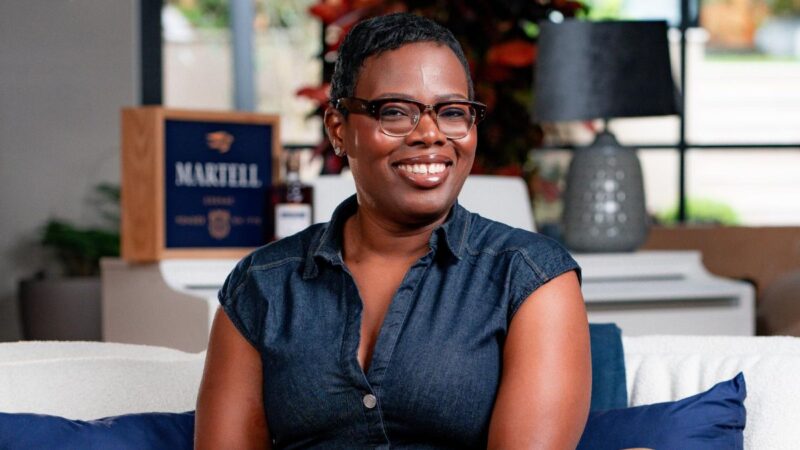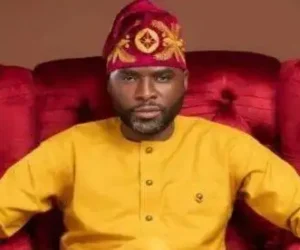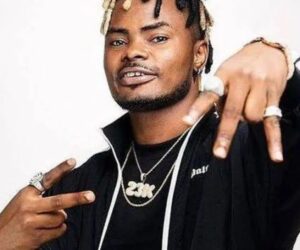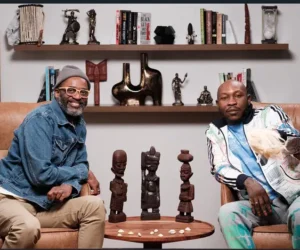While Afrobeats artists dominate global charts and sell out arenas, there are quiet architects behind the scenes making those moments possible. One of the most important names in that engine room is Abi Babalola, founder of Hera Touring and one of the key forces behind some of Afrobeats’ biggest live productions.
Abi’s journey into the culture started early. Growing up around music, she was exposed to the industry through her uncle JJC, whose work helped shape the careers of artists like D’banj and Don Jazzy. That early studio environment planted the foundation for a career rooted in storytelling, production, and live experience.
&format=jpeg)
Before touring, Abi worked extensively in music video production, collaborating with her brother, renowned director Moe Musa. She produced hundreds of visuals, learning first-hand how to translate sound into powerful visual moments. But it was live touring where her impact would grow even bigger.
From grassroots shows with platforms like Coco Bar to founding her own company, Hera Touring, Abi gradually built a reputation for precision, creativity, and resilience. Today, she has led productions for global Afrobeats superstars including Burna Boy and Asake, and most recently handled production for Olamide’s sold-out OVO Wembley Arena show in London.
&format=jpeg)
The vibes are sweet, the banter is flowing, and somehow you’ve started overthinking every emoji she sends. Is she just friendly… or is there something more?
Liquorose says she’s taken, and her next target is the music industry.
#FeaturedPost
What makes Abi’s story even more significant is her position as a woman operating in a space traditionally dominated by men. From intentionally refusing to be sexualised early in her career earning the nickname “Aunty Abi” to leading crews of over 150 people, she has consistently chosen respect, professionalism, and authority over compromise.
Her story was recently spotlighted in Swift Conversations, the Afrobeats-focused podcast series by Martell, hosted by Martell Cultural Ambassador – Sheniece Charway. In the episode, Abi offers a rare glimpse into the realities of live production: last-minute creative demands, high-pressure timelines, financial risks, and the logistics behind stadium-scale productions.
&format=jpeg)
But beyond logistics, her story is about infrastructure building systems, teams, and standards that allow Afrobeats to grow sustainably on the global stage. As Afrobeats continues to evolve as a global movement, figures like Abi Babalola are proving that the future of the culture is not only defined by those on the stage, but also by those who build the stage itself.
Watch the full episode here
#FeaturedPost


&format=jpeg)
&format=jpeg)
&format=jpeg)






